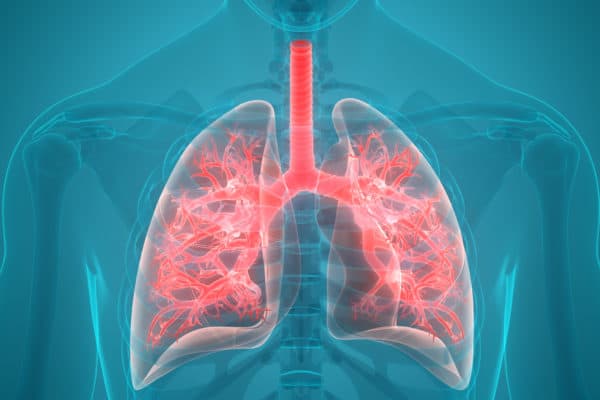Methylmalonic Acidemia Patients Have A Newly Developed Breath Test
Nikki Attkisson | Last Updated : April 8, 2021A new study from the National Institutes of Health showed that people can do a breath test that can measures how well a person can survive receiving liver or combined liver and kidney transplantation. All the patients who took part in the test were dealing with methylmalonic acidemia (MMA).
Methylmalonic Acidemia Patients Have A Newly Developed Breath Test
The study also examined participants to assess the severity of the disease. It also helped all the people to understand if they would benefit from surgical or experimental genomic therapies. These therapies would target their liver.

The research was done with a project team that was published in Genetics in Medicine. The scientist team was from the National Human Genome Research Institute (NHGRI). They led the research team with the collaborators from the National Institute of Diabetes and Digestive and Kidney Diseases and the National Institute of Mental Health.
MMA is a rare genomic disease that impairs the body’s ability to metabolize certain proteins and fats. This causes toxic substances to build up, which may result in kidney disease, pancreatitis, movement disorders, intellectual impairments, complications in many organs, and, in severe cases, death.
One in 80,000 children born in the United States are diagnosed with MMA during newborn screenings. Currently, MMA is incurable, but people with MMA manage their symptoms through dietary restrictions and vitamin supplements. In extreme cases, patients receive liver or combined liver and kidney transplants, which help restore normal levels of metabolic proteins.
“Vast fluctuations in metabolic substances in the bodies of patients make it difficult for us to tell if treatments like genome editing and transplants are likely to be successful,” said Charles P. Venditti, M.D., Ph.D., senior author, and senior investigator in the NHGRI Medical Genomics and Metabolic Genetics Branch. “Instead of looking at levels, we decided to measure metabolism itself.”
The patients with liver transplantation have shown better response in the methylmalonic acidemia measures. The scientist group has explained the method and procedures as well. a basic form of MMA is produced by mutations in the methylmalonyl-CoA mutase gene (MMUT). This gene encodes for the MMUT protein. People who have this problem in their genes have a deficiency in the MMUT protein. This deficiency plays a big role in metabolism. Metabolism is responsible to do the biological process of the body such as break down food, fats, cholesterol, and amino acids.
The research was mostly on the measurement of exhaled carbon dioxide that can show the oxidation of propionate in a non-invasive way. This was explained by Irini Manoli, M.D., Ph.D., co-author, and associate investigator in the NHGRI Medical Genomics and Metabolic Genetics Branch.
The main study was to see and mark the carbon dioxide to see which of the participants were unable to oxidize propionate because of a faulty MMUT protein.
Right now, this test is there only in the NIH Clinical Center. The researchers are trying to bring this out to everyone for a broader research opportunity and clinical use. The next research may exhibit carbon-13 propionate to see the oxidation after the gene.
With over 15 years as a practicing journalist, Nikki Attkisson found herself at Powdersville Post now after working at several other publications. She is an award-winning journalist with an entrepreneurial spirit and worked as a journalist covering technology, innovation, environmental issues, politics, health etc. Nikki Attkisson has also worked on product development, content strategy, and editorial management for numerous media companies. She began her career at local news stations and worked as a reporter in national newspapers.
